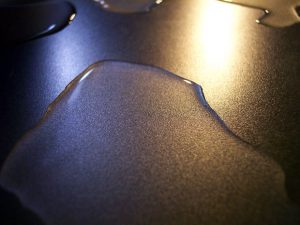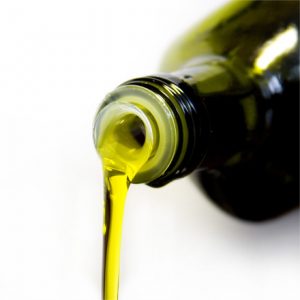Prevailing in a Florida slip-and-fall injury lawsuit is no simple task, which is why most injury attorneys will carefully review your claim before pursuing it – especially if they plan to take it to trial. A fair pre-trial settlement is typically the preferred outcome, as trials are expensive (and risky).
It’s important that you and your attorney consider any pre-trial settlement offers carefully, as declining a defense settlement offer in a case later favorably decided for the defense could result in an order for YOU to pay the defense’s attorney fees. (As injury lawyers, our fees are contingent on winning, meaning we’re only paid if you’re successful with your claim.)
This is not to say Florida slip-and-fall injury claims aren’t worth pursuing, but it is important to be aware of the potential pitfalls in these cases.
Recently in Georgia (which approaches slip-and-fall case from a similar angle as Florida), jurors considered the claim of a woman who fell at a jazz club and injured her back and hip, requiring extensive physical therapy. Continue reading
 Broward Injury Lawyer Blog
Broward Injury Lawyer Blog





